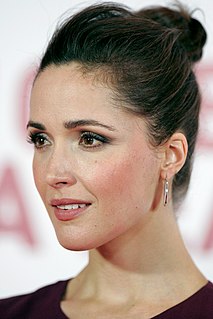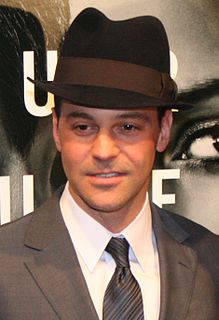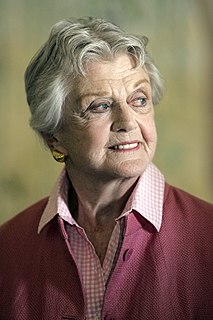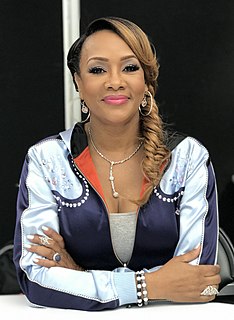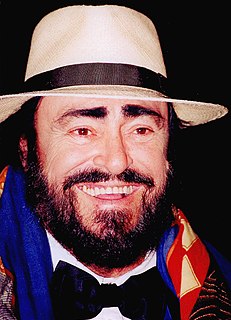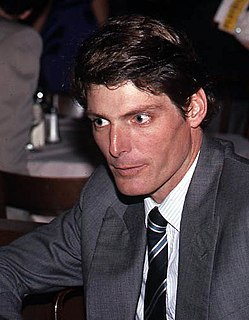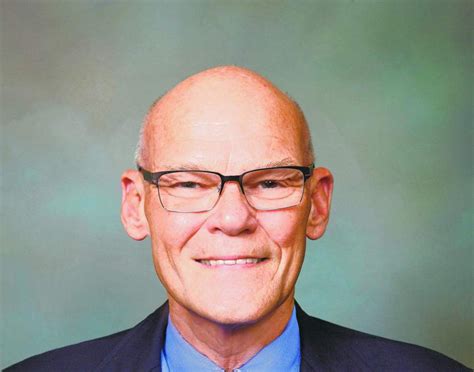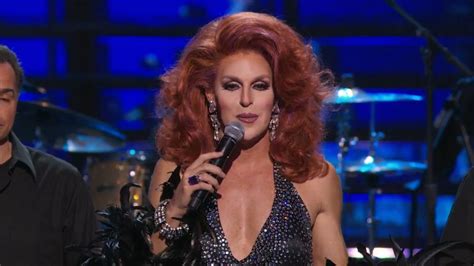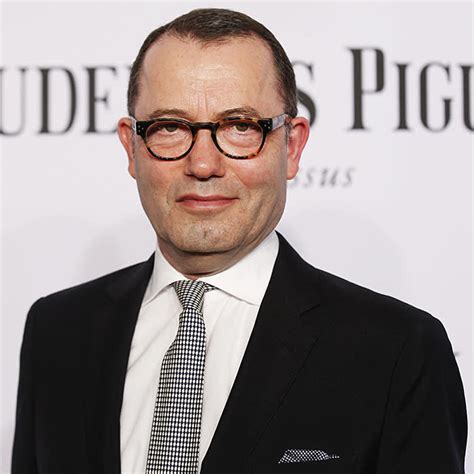A Quote by Rose Byrne
With a comedy, it's so important to see it with an audience and an audience who really wants to be there and is enthusiastic, otherwise it can be quite a traumatizing experience.
Quote Topics
Related Quotes
Comedy can be more difficult than drama. It requires more attention to timing. In the theater, you're always dependent on the audience for the energy, but in comedy the feedback you get is more important. You can judge by the quickness and the length of the laugh just where you stand with the audience.
I think the biggest challenge was being aware of a certain audience that was going to see this film [lone survivor]. There's a big difference from a typical movie, journalists and critics and film goers that go see it find that, that's the general experience you have as a filmmaker. So that just kind of proves my point that there's a really different audience.
I think when you're younger, as an actor you have much more of a notion that you are doing something to the audience. But with experience, I think you begin to worry less about what the audience's experience is and concentrate on working with the other actors, and that tends to let the audience do more work.
